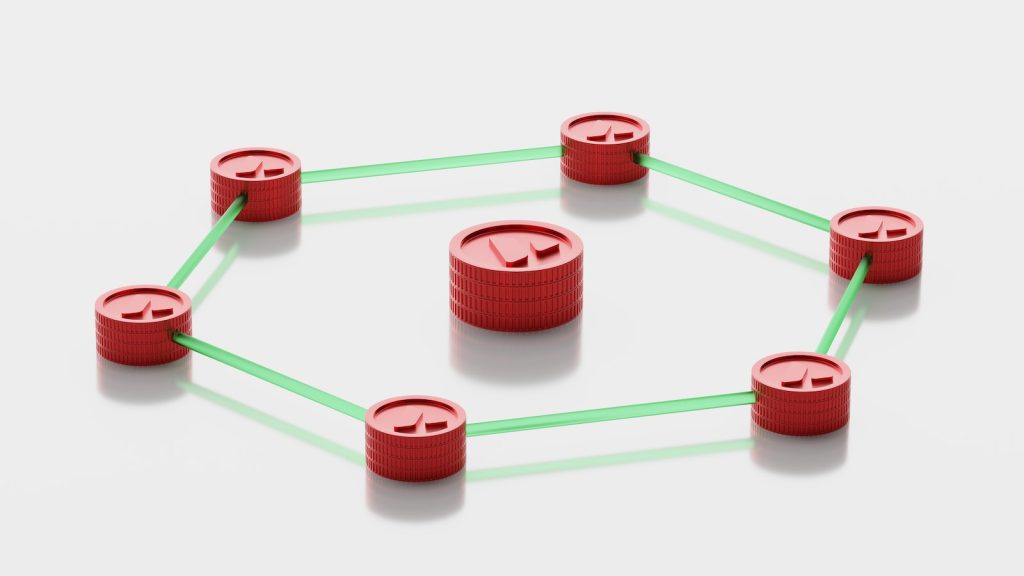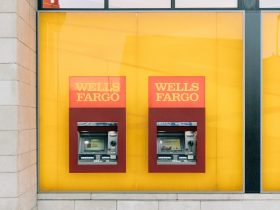The hustle and bustle of our daily lives often overshadow the significance of ethical financial practices. It’s like that humble yet brilliant sidekick that never gets the spotlight it truly deserves. However, as a firm believer in the power of ethical spendings, let’s unravel the layers and discover the undeniable role of these practices in not just shaping our financial landscapes but also in ensuring the stability of our economic future.

Picture this: you’re strolling down the vibrant streets of a bustling city, making spontaneous stops at various shops, and feeling the inexplicable pull of consumerism. While the allure of those shiny price tags might seem irresistible, let’s pause and take a moment to reflect on the broader impact of our spending habits.
The recent waves of economic crises have highlighted the crucial need for a shift towards ethical financial practices. These practices encompass a wide spectrum of actions, from responsible investments and conscious consumerism to transparent accounting and sustainable financial decisions. They serve as the fundamental pillars that fortify the foundation of our financial ecosystem, fostering trust and ensuring a resilient future for all.
Now, you might be wondering, how does my choice to buy organic produce or invest in socially responsible companies affect the grand scheme of things? Well, let’s dive into the intricacies, shall we?
To begin with, ethical financial practices act as the moral compass guiding businesses and individuals to make decisions that not only benefit their bottom line but also contribute positively to society and the environment. Consider the rising trend of impact investing, where investors actively seek opportunities to support companies that align with their values. This not only generates financial returns but also drives social and environmental progress, creating a harmonious cycle of growth and development.
Take the case of Patagonia, the renowned outdoor clothing company that champions environmental conservation. Through their relentless commitment to sustainability and ethical sourcing, they have not only built a loyal customer base but also set an exemplary standard for the industry. This ethos extends beyond their products, resonating with consumers who prioritize ethical values in their spending choices.
Furthermore, ethical financial practices instill a sense of accountability among corporations, compelling them to uphold transparent and responsible business practices. By prioritizing fair labor conditions, minimizing environmental impact, and ensuring supply chain transparency, companies can build trust and credibility, fostering long-term relationships with both consumers and stakeholders.
Consider the paradigm shift brought about by companies like Toms, known for their ‘One for One’ model, where for every pair of shoes sold, a pair is donated to a child in need. This transparent and socially responsible business approach not only contributes to the greater good but also amplifies the company’s reputation, attracting conscious consumers who value the impact of their purchases.
Moreover, ethical financial practices have a ripple effect on the macroeconomic landscape, exerting a positive influence on governmental policies and regulatory frameworks. The collective demand for ethical and sustainable products nudges policymakers to enforce stringent regulations, promoting fair trade practices and discouraging exploitative or unethical financial maneuvers.
Consider the global movement to ban single-use plastics, fueled by the growing awareness of the environmental ramifications of plastic pollution. This shift in consumer behavior has compelled governments to implement stricter regulations on plastic usage, thereby encouraging the rise of eco-friendly alternatives and promoting sustainable business practices.
On an individual level, embracing ethical financial practices can lead to a profound sense of personal fulfillment and social impact. By aligning our spending habits with our values, we contribute to a virtuous cycle of positive change, fostering a society that prioritizes the well-being of both present and future generations.

Think about the conscious consumer who opts for locally sourced products, supporting small businesses and reducing their carbon footprint. This seemingly small decision not only aids local economies but also contributes to a larger movement promoting sustainability and community resilience.
In essence, ethical financial practices serve as the unsung heroes of our economic narrative, working tirelessly behind the scenes to fortify the very foundation on which our financial systems thrive. By prioritizing transparency, sustainability, and social responsibility, we can collectively pave the way for a more equitable and resilient future.
So, the next time you reach for your wallet, remember the transformative power of your financial choices. Embrace the role of the ethical spender, for in your hands lies the ability to shape a future that not only flourishes financially but also cultivates a world that values integrity, compassion, and sustainability. After all, in the realm of ethical financial practices, every dollar spent is a vote for the world we want to create.

































